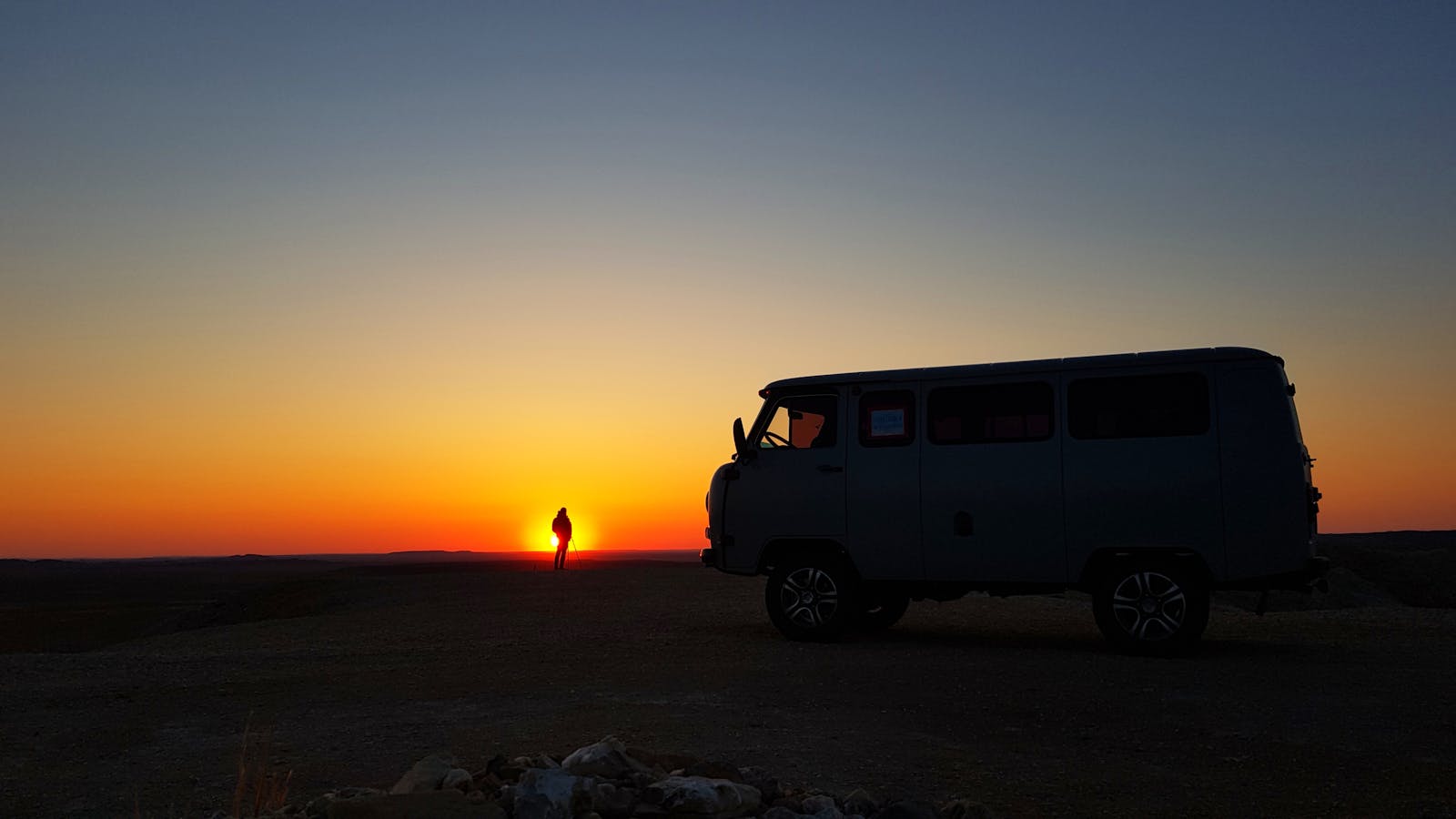
Preparing for Winter: How to Protect Your RV and Insurance During Colorado’s Cold Months
As the temperatures start to drop in , RV owners face unique challenges in protecting their vehicles from the harsh winter conditions. Whether you’re planning to store your RV or embark on a snowy adventure, preparing your motorhome for the cold months is essential. This includes both physical protection and ensuring your insurance policy covers potential winter-related damages.
Winterize Your RV for Maximum Protection 
Winterizing your RV is crucial to avoid costly repairs and damages caused by freezing temperatures. Start by draining all water tanks, including the fresh, gray, and black water tanks, to prevent frozen pipes and potential cracks. Adding antifreeze to your plumbing system is another crucial step. Don’t forget to insulate your RV, especially around windows, doors and any areas where heat might escape. Covering your RV with a weather-resistant tarp or storing it in a climate-controlled space can further protect it from snow, ice and wind.
Review Your RV Insurance Coverage
While winterizing your RV protects it from physical damage, reviewing your insurance policy can help ensure you’re financially covered. Check your policy to confirm whether it includes comprehensive coverage, which financially protects against winter hazards such as ice, snow and falling tree branches. Some policies may also offer specific coverage for water damage caused by freezing, so it’s worth discussing this with your insurer. If you plan on using your RV for winter road trips, you may want to ensure your coverage includes roadside assistance and collision protection for icy conditions.
Learn More
winters can be tough on RVs, but with proper preparation and the right insurance, you can protect your vehicle from cold weather and unforeseen incidents. Take the time to winterize your RV and review your RV insurance policy with the agents at McDonald Insurance Group to ensure you’re fully covered. Contact us today.
This blog is intended for informational and educational use only. It is not exhaustive and should not be construed as legal advice. Please contact your insurance professional for further information.
Categories: Blog, Recreational Vehicle
